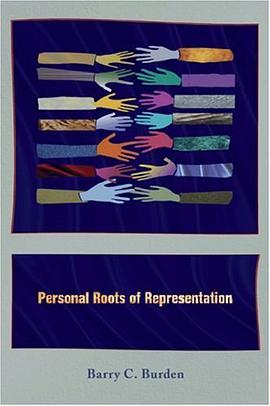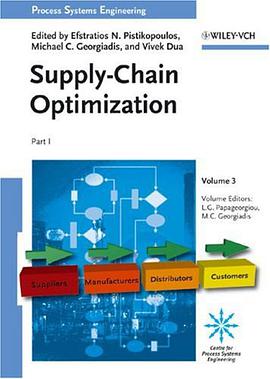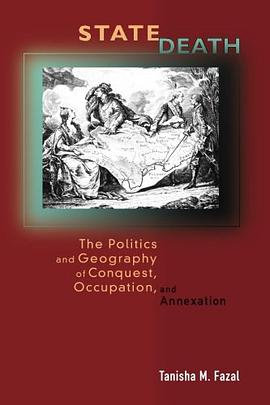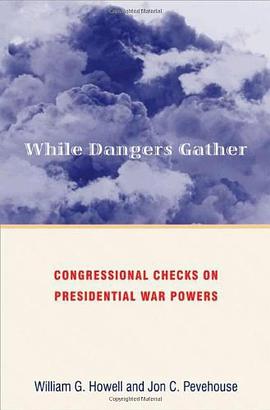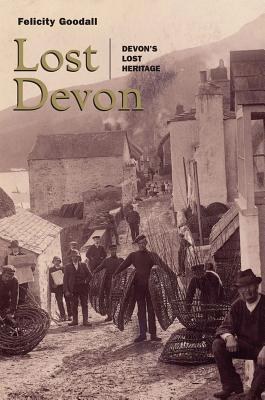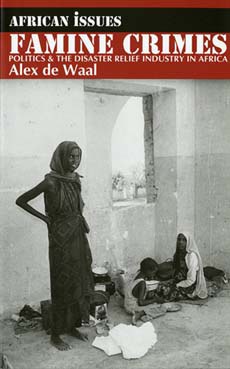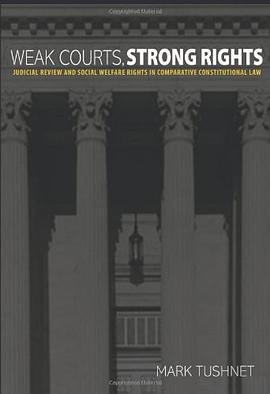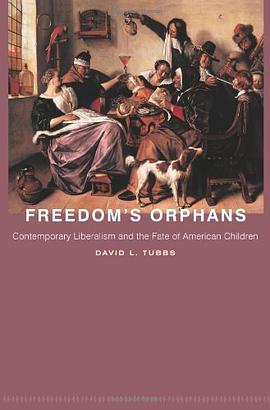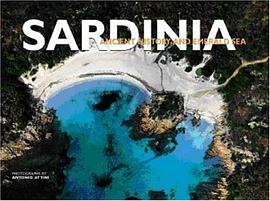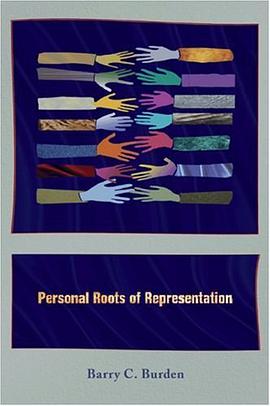

具体描述
After the worst thing in the world happens, then what? What is left to the survivors, the witnesses, those who tried to help? What can we do to prevent more atrocities from happening in the future, and to stop the ones that are happening right now? "That the World May Know" tells the powerful and moving story of the successes and failures of the modern human rights movement. Drawing on firsthand accounts from fieldworkers around the world, the book gives a painfully clear picture of the human cost of confronting inhumanity in our day.There is no dearth of such stories to tell, and James Dawes begins with those that emerged from the Rwandan genocide. Who, he asks, has the right to speak for the survivors and the dead, and how far does that right go? How are these stories used and, what does this tell us about our collective moral future? His inquiry takes us to a range of crises met by a broad array of human rights and humanitarian organizations. Here we see from inside the terrible stresses of human rights work, along with its curious seductions, and the myriad paradoxes and quandaries it presents.With pathos, compassion, and a rare literary grace, this book interweaves personal stories, intellectual and political questions, art and aesthetics, and actual "news" to give us a compelling picture of humanity at its conflicted best, face-to-face with humanity at its worst.
作者简介
目录信息
读后感
评分
评分
评分
评分
用户评价
ethic dilemma
评分ethic dilemma
评分ethic dilemma
评分ethic dilemma
评分ethic dilemma
相关图书
本站所有内容均为互联网搜索引擎提供的公开搜索信息,本站不存储任何数据与内容,任何内容与数据均与本站无关,如有需要请联系相关搜索引擎包括但不限于百度,google,bing,sogou 等
© 2026 book.wenda123.org All Rights Reserved. 图书目录大全 版权所有




